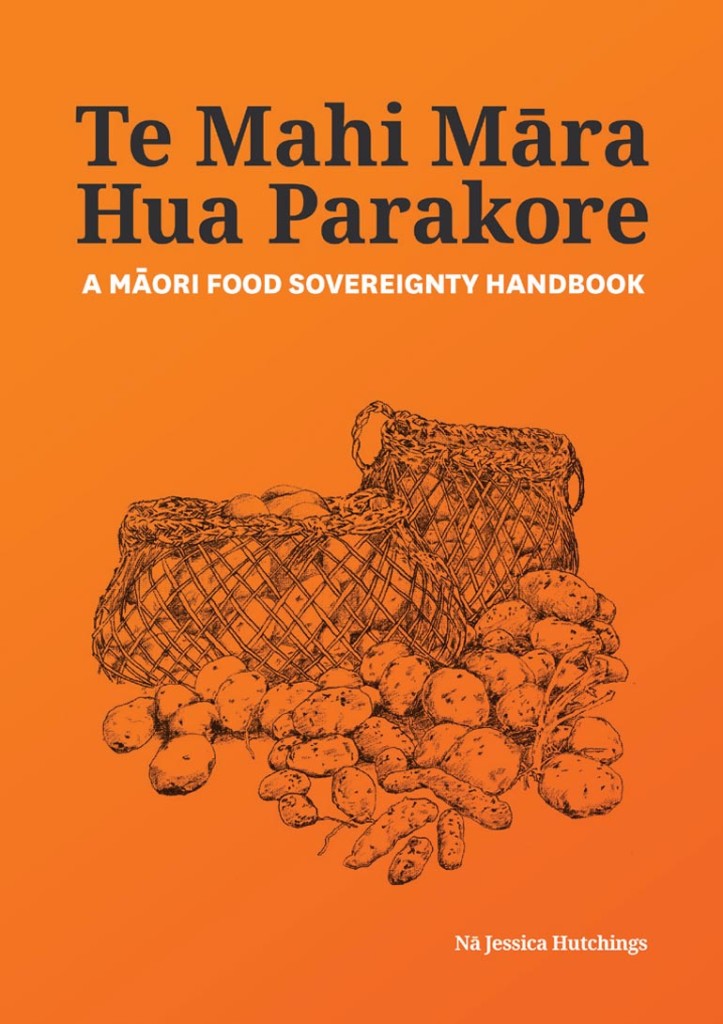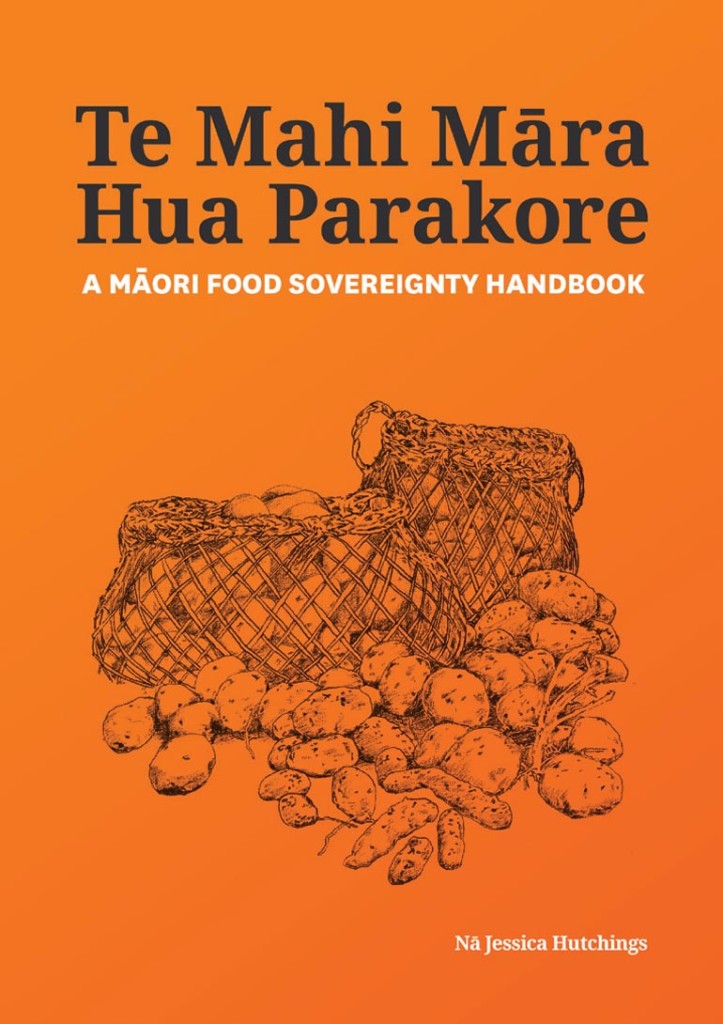Jessica Hutchings
Te Mahi Māra Hua Parakore - A Māori Food Sovereignty Handbook
Couldn't load pickup availability
Award winner: Best non-fiction book ~ Māori book awards 2016
Māori food sovereignty is the practice of ensuring food-secure futures for whānau, independent of multinational and national food systems and in harmony with Te Ao Tūroa (the natural world). It is about whānau having access to sufficient, safe and nutritious food that is produced locally and free from chemicals, pesticides and genetic modification.
“Food sovereignty begins in seed sovereignty…It grows from the land and its biodiversity. Growing food is growing diversity and freedom, it involves rejuvenating the seed and the soil, it rejuvenates culture and community. In Te Mahi Māra Hua Parakore Jessica Hutchings shows how to grow food sovereignty. Read it, share it, live it”.
Dr Vandana Shiva
Navdanya, India
In Aotearoa it is our right as Indigenous peoples to eat from the lands and waterways of our tūpuna (ancestors). This right is ours to claim and we restore our relationship to the natural environment by producing our own food. Enhancing soil, plant and species biodiversity through food production is vital for the survival of our natural food systems. Growing food in ways that support and enhance an abundant diversity in plant varieties, weeds, insects and soil life is integral to Māori food sovereignty practices. Biodiversity in the food chain, our diets and the environment is essential for our survival as Indigenous peoples.
Poverty, coupled with increasing food costs, is a growing issue for many Māori communities, resulting in intergenerational health issues. Beginning to grow your own food, either as a whānau or a community, is a way to nurture hauora (wellbeing) at the same time as reconnecting us with the energies of Papatūānuku and Ranginui.


